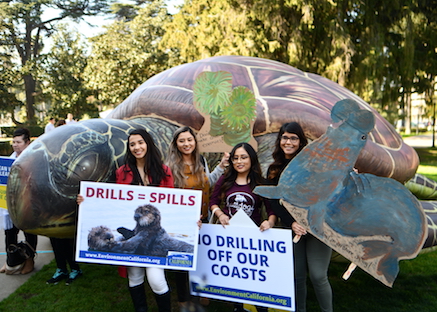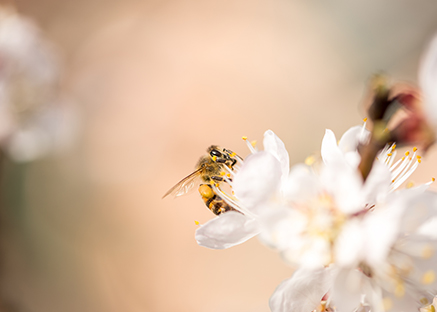Summer 2018 News Briefs
Conservation
Here’s how we can save tropical forests

What can Americans do to protect tropical forests? And why do they matter? Well, for one thing, tropical forests can play a critical role in slowing down climate change.
Tropical forests work as Earth’s lungs—they breathe in carbon dioxide and breathe out oxygen, reducing global warming and cleaning the air. But for years, agricultural companies considered deforestation to be the fastest, cheapest path to profit. Razing forests to make way for crops and cattle accounts for 10 to 15 percent of the pollution that’s changing our climate, and it drives out orangutans, elephants, tigers, jaguars and other threatened or endangered animals.
With your support, Environment America and our national network are calling on companies in the palm oil, soybean and beef industries to commit to zero deforestation. Already, 74 percent of palm oil refineries have taken action—now, we need to call on more companies to make the commitment.
Environmental Defense
Supporters stand for oceans over drilling

From the Atlantic to the Pacific, from the sunny Gulf of Mexico to the frigid Arctic, America’s oceans are beautiful, wild and worthy of protection. But the Trump administration put them at risk when it vowed to open 90 percent of our coastal waters to expanded offshore oil and gas drilling.
Everyone who remembers the Deepwater Horizon disaster in the Gulf or the Exxon Valdez spill off Alaska’s coast understands that drilling is a threat to the waters and wildlife we love. And across the country, millions of Americans have spoken out against these dangerous plans.
Thanks to the support and action of members like you, Environment America and our national network held rallies and events, packed public hearings, and delivered more than 35,000 public comments to the Department of the Interior. Together, we can save our shores and coasts from offshore drilling.
No Bees, No Food
Thousands of Americans speak up for bees

Caption: Along with our coalition partners, Environment America gathered and submitted 219,210 public comments urging the Environmental Protection Agency to ban bee-killing pesticides.
Bee populations are rapidly declining, and thousands of scientific studies implicate neonicotinoid pesticides (neonics) as a key contributor. The day before Earth Day, Environment America, our coalition partners, and thousands of our members and supporters spoke up for bees.
As part of its risk assessment process, the Environmental Protection Agency (EPA) held a comment period on the ecological and human health risks of the neonic pesticides clothianidin, thiamethoxam and dinotefuran, and the ecological risks of the pesticide imidacloprid. Environment America and a coalition of food safety and environmental groups gathered and delivered 219,210 comments signed by people across the country urging the agency to ban the use of neonics.
“Neonics hurt birds, aquatic wildlife and bees,” said Christy Leavitt, senior director of Environment America’s Campaign to Defend Our Environment. “Given the facts at hand about the harm neonics cause, the EPA should move quickly to ban these dangerous pesticides. We don’t have time to wait.”


